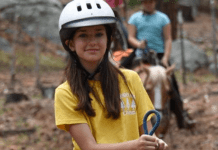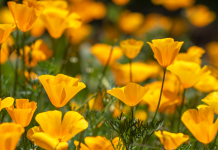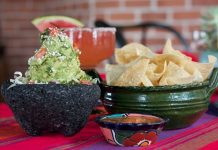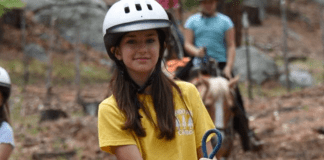In our society, the word “best” is often thrown around casually. From product reviews to personal preferences, we’re constantly bombarded with claims of what is the “best” option. And, this makes sense – we don’t want to waste time and money on things, so we search for the “best”! We have even expanded best beyond things we consume, we ask ourselves and our children to do their “best” in just about everything. However, this widespread use of the word can have unintended consequences. Let’s explore why “best” isn’t always the best and why it’s important to approach such labels with caution.
Subjectivity and Individual Differences:
One of the primary dangers of using the word “best” is its inherent subjectivity. When we fail to consider perspective and context, we can inadvertently disregard choices that would ideal for us. Who says it is the “best” ice cream in town? Or the “best” way to study? Or the “best” way to parent.
Our preferences, needs, and values differ greatly, making it impossible to declare something universally “best.” And, if we don’t like something that is the best, then by default does that make the thing we like or need the worst or even less than? When it comes to behavior and effort, who is determining best? Is it realistic to do your “best” all of the time? It can be frustrating and demoralizing for all of us if we do think we’re trying our best and it’s still not enough for someone and this arbitrary standard.
Unrealistic Expectations and Disappointment:
When something is labeled as the “best,” it creates high expectations that may not always be met leading to disappointment when the reality falls short. This can be particularly true in personal matters like relationships, careers, or lifestyle choices.
Embracing an approach that acknowledges the complexity and individuality of experiences can help manage expectations and foster greater contentment. It also strengthens the trust we have in our own opinion which builds self-confidence and independence without having to defend our position to anyone.
Stifling Innovation and Growth:
The constant pursuit of the “best” can inadvertently stifle innovation and growth. By fixating on a singular notion of what is considered best, we discourage exploration and experimentation. We often learn what is best for us, or even what we like by challenging the norm and enjoying the process of exploring different possibilities. Embracing a mindset that values diversity and encourages the exploration of various options can lead you to figure out what works for you and makes you happy.
The constant pursuit of the “best” can create a sense of inadequacy and hinder personal growth and development. The pressure to always seek the best can lead to self-comparisons, feelings of inferiority, and a fear of making choices for fear of making the “wrong” decision. Embracing a mindset that values progress, learning, and embracing the journey rather than fixating solely on outcomes can foster personal growth and a healthier perspective.
So, starting this summer, how can you ditch “best” and embrace exploration? Perhaps you try a new recipe. Explore all of Phoenix to find your favorite ice cream, donut, hamburger, park, playground, etc rather than taking the internet’s word for it. What happens if we remove the word “best” from describing effort? Rather than saying “Do your best” or “Be on your best behavior” you say “Have fun, I know you’ll do a great job” or “Take care of yourself and be kind to others.” We’d love to hear from you!











